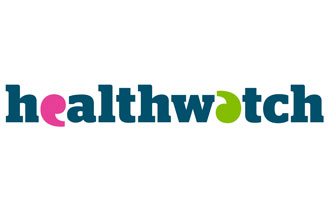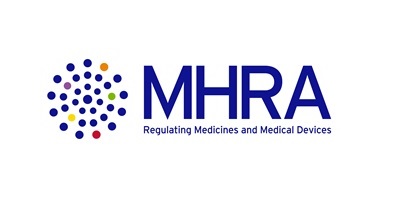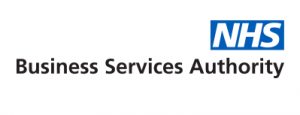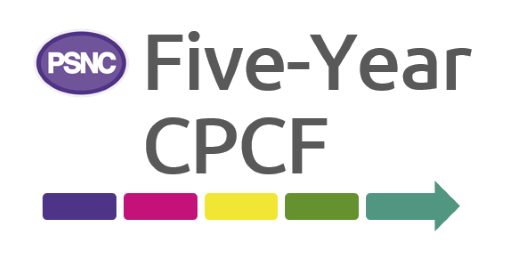IT case study: Community pharmacies accessing the East London Record system
Community pharmacy contractors in parts of East London, the City of London and Hackney and are successfully accessing the East London Patient Record (eLPR), a type of Shared Health Care Record (ShCR).
Background
Primary care professionals, including community pharmacists, have been creating electronic records of their interactions with patients for many years. Previous consideration was given to the NHS creating a national comprehensive records system, collating information from different types of care settings, but the NHS Long Term Plan changed the focus to continuing and expanding the ShCR projects being undertaken across England.
Shared care records pull together information on a patient from several sources, such as GP and hospital records. In time it is hoped that pharmacy systems may be able to display medicines and other information from shared care records and that more professionals across multiple care settings will be able to share their patient records held in their clinical systems via shared care records.
PSNC and the Community Pharmacy IT Group (CP ITG) encourage contractors and LPCs to get involved with shared care records and ShCR programmes within their area.
What is the East London Patient Record (eLPR)?
The ShCR collates records from hospitals, GPs, local authorities and more, so it contains extra information when compared with the NHS Summary Care Record Additional Information (SCR AI). Selected community pharmacists have been given access to the eLPR to give them a fuller picture of the patient’s medical and care history. The eLPR team worked with the IT supplier Pinnacle to make the record access available within the pharmacy contractors’ PharmOutcomes system.
The record access reduces the need for patients to repeat themselves and lessens the risks of medicines information not being visible to pharmacists and pharmacy technicians.
Benefits
Community pharmacy professionals can use eLPR to:
- care for patients after discharge from hospital with real-time up-to-date information versus SCR;
- care for non-regular patients, where the information would otherwise be unavailable or out-of-date;
- get a clearer understanding of a patient’s medicines adherence before speaking to them, helping to optimise consultations and service provision;
- check blood results to assist with medicines discussions;
- support professional decisions regarding emergency supply options;
- see why a particular medication was started (sometimes missing from SCR AI); and
- carry out an additional check if medicines have changed or stopped, to ensure that the right medicines are available for the patient.
Reflection on community pharmacy access to the eLPR
According to Vikesh Patel of Weston Ltd Pharmacy who has been using the eLPR:
“My access to the shared care record has helped ensure the safe provision of medication and removed the need for the pharmacy or the patient to go back to their GP for clarifications about their prescription. I frequently find it helps at the weekend when GP practices are closed and for non-regular patients who justifiably expect that their records should be available to me. It also supports other commissioned services like pneumococcal vaccines and the service I can provide for my patients with that.”
Further info
Read more about records projects and how to get involved at:
PSNC’s list of local and national record projects









